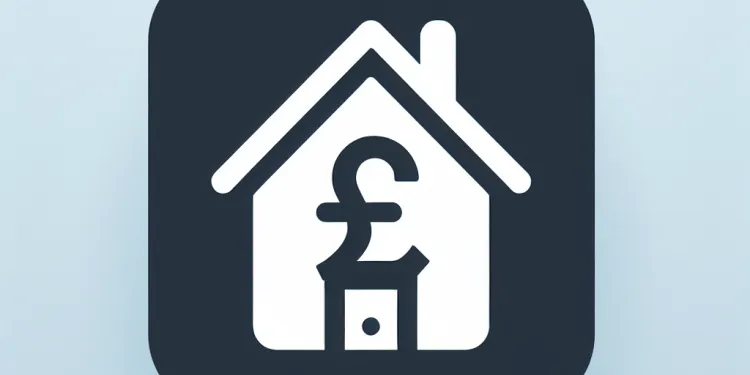
Find Help
More Items From Ergsy search
-

What is the main reason for the proposed cuts to housing benefits?
Relevance: 100%
-

What are the proposed Cuts to Housing Benefits Amid Rising Rents?
Relevance: 95%
-
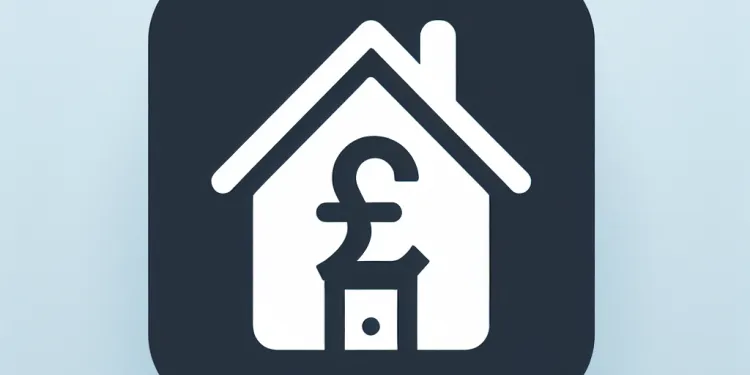
Who will be most affected by the proposed cuts to housing benefits?
Relevance: 93%
-

How can individuals contribute to the discussion on housing benefit cuts?
Relevance: 73%
-

Proposed Welfare Cuts and Their Impact on Vulnerable Populations
Relevance: 72%
-
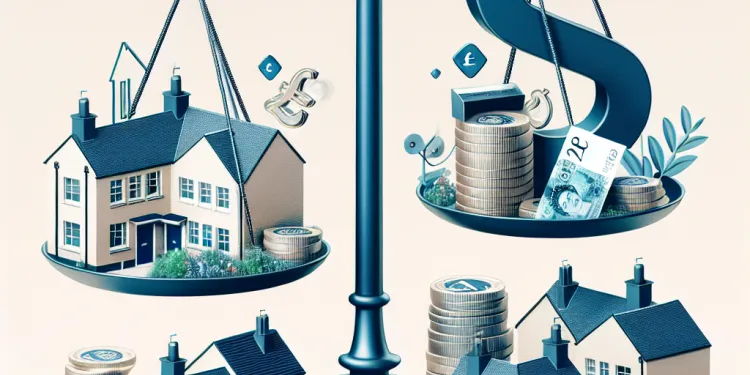
Is there a plan to offer additional support to offset housing benefit cuts?
Relevance: 71%
-

What are the potential long-term impacts of housing benefit cuts?
Relevance: 71%
-
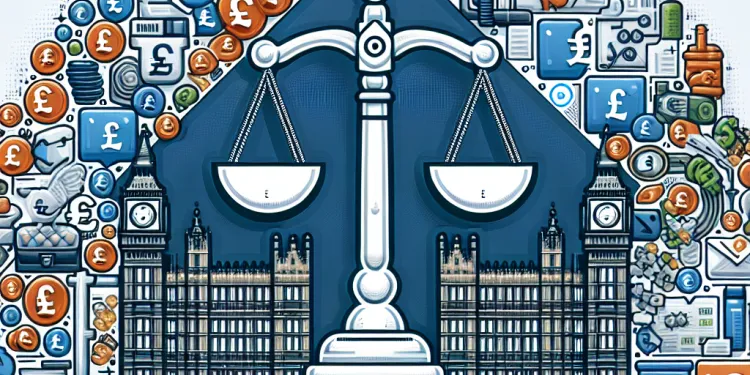
Is there any legal recourse for those affected by the housing benefit cuts?
Relevance: 68%
-

What is the relationship between rising rents and housing benefit cuts?
Relevance: 68%
-

When are the proposed cuts expected to take effect?
Relevance: 65%
-

Are there any groups exempt from the proposed cuts?
Relevance: 61%
-
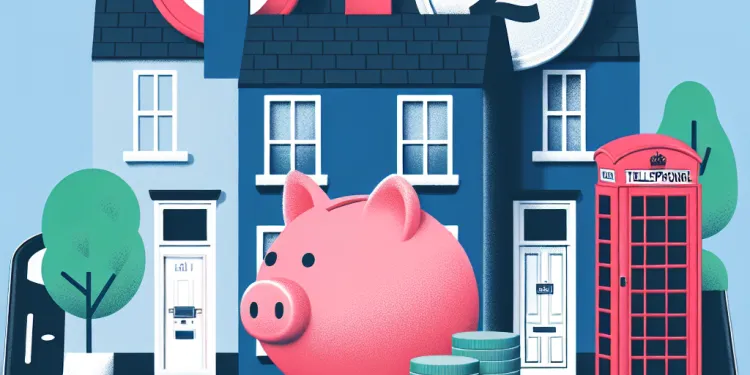
How will the proposed cuts impact tenants?
Relevance: 55%
-
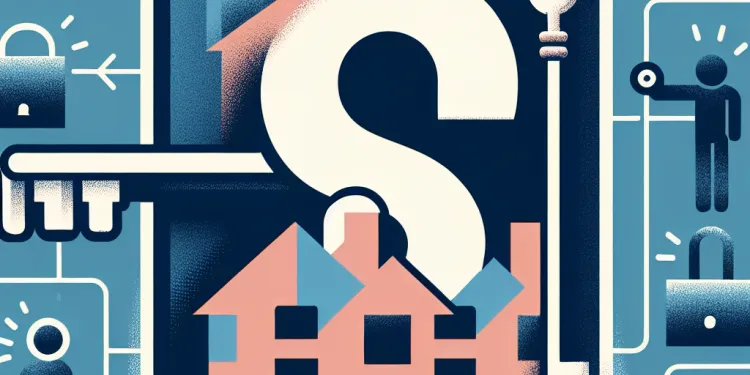
How have housing benefit recipients reacted to the proposed changes?
Relevance: 54%
-
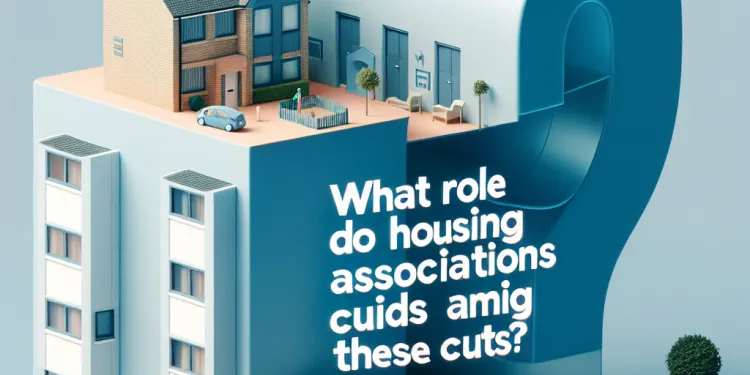
What role do housing associations have amid these cuts?
Relevance: 53%
-
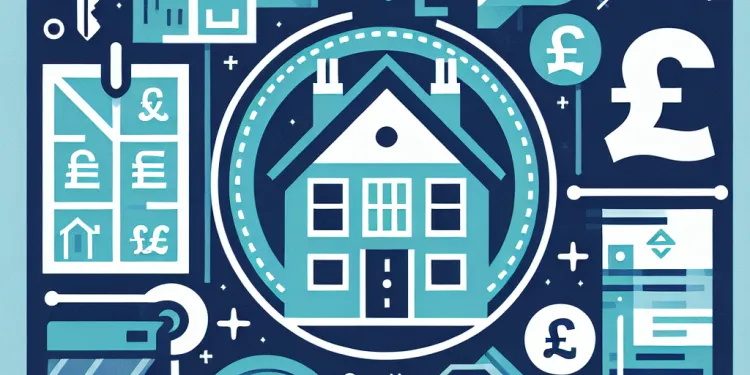
What measures are suggested to substitute the housing benefits?
Relevance: 50%
-

Pension Proposals Spark Debate on Retirement Age and Benefits
Relevance: 44%
-

Why is there a call for public consultation regarding the cuts?
Relevance: 43%
-

What can tenants do if they are affected by the cuts?
Relevance: 41%
-
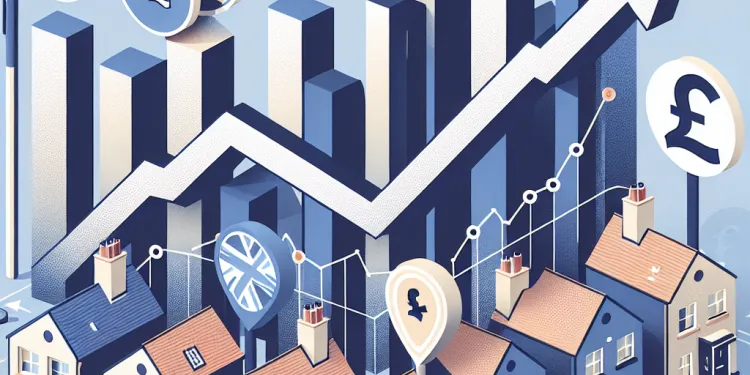
How does inflation affect the situation with housing benefits and rents?
Relevance: 41%
-

How will the cuts impact landlords?
Relevance: 38%
-

What advocacy efforts are being undertaken to resist the cuts?
Relevance: 37%
-
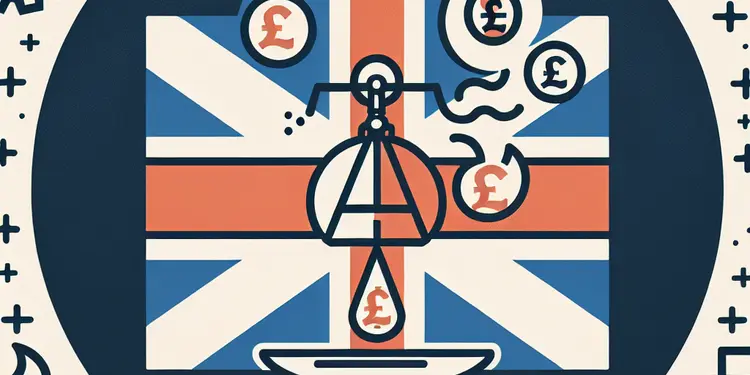
Legal Aid Cuts: Campaigners Warn of Access to Justice Crisis
Relevance: 34%
-

How do the reforms affect housing benefit tenants?
Relevance: 33%
-

House Prices Soar: First-Time Buyers Share Their Stories
Relevance: 31%
-

Are there any international examples being considered in handling housing benefit issues?
Relevance: 31%
-

What incentives are provided for sustainable housing?
Relevance: 30%
-

Addressing the Housing Crisis: Current Challenges and Solutions
Relevance: 29%
-
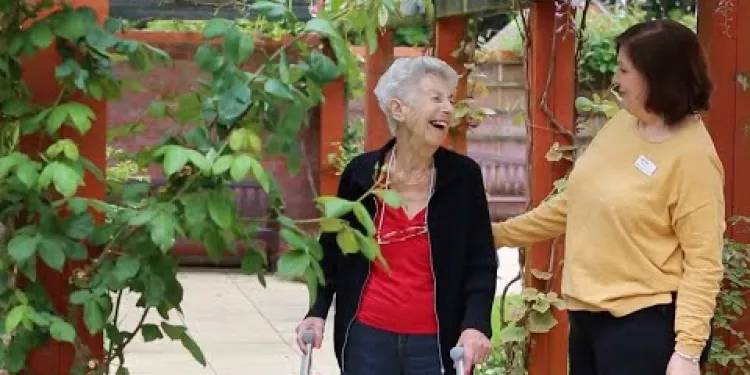
Amberwood House (Colten Care)
Relevance: 29%
-

UK House Prices Fall for Third Consecutive Month
Relevance: 29%
-

Why is the UK cutting funding to AIDS, Tuberculosis, and Malaria research?
Relevance: 29%
-
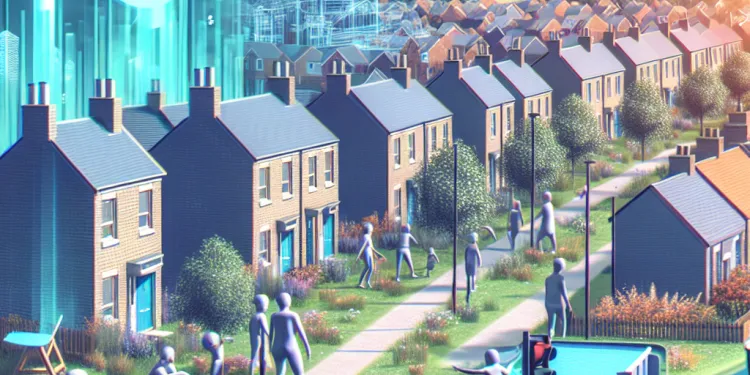
Impact of Housing Shortage on Local Communities
Relevance: 28%
-
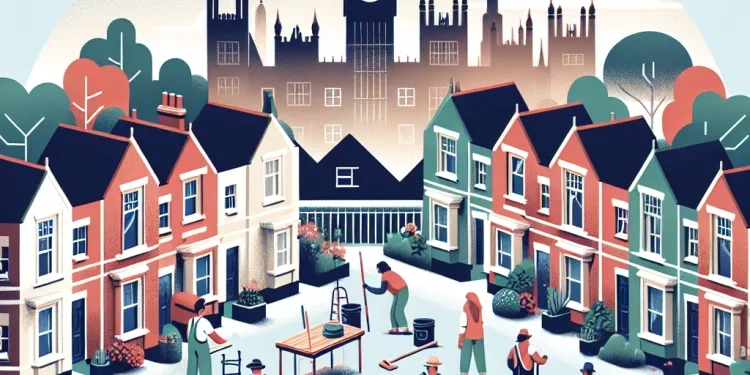
Impact of UK Housing Crisis on Local Communities
Relevance: 28%
-
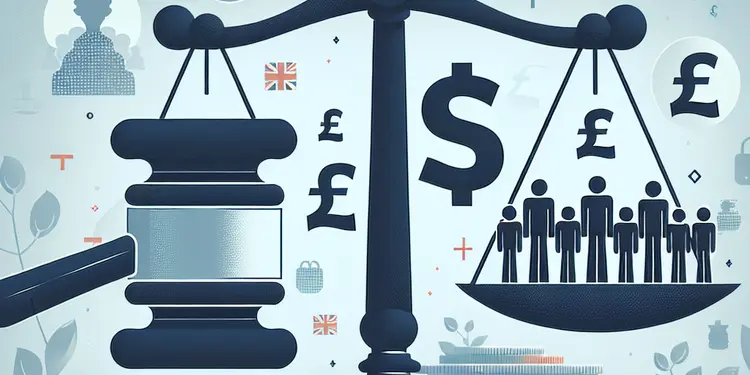
Government Faces Legal Challenge Over Proposed Immigration Bill
Relevance: 28%
-
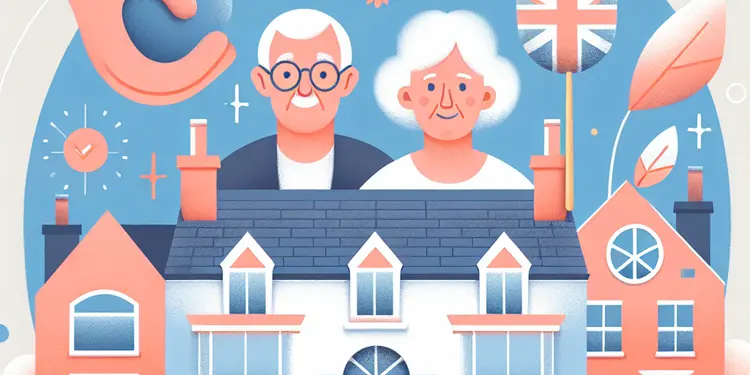
What housing assistance options are available for seniors?
Relevance: 28%
-

Did the US propose reforms to the WHO before deciding to leave?
Relevance: 28%
-

What is the reason behind proposing a social media ban for under 16s in the UK?
Relevance: 28%
-

New Government Benefits for Low-Income Families
Relevance: 27%
-

How do I find alternative housing quickly if evicted?
Relevance: 27%
-

Can mosquitoes in the UK enter houses?
Relevance: 26%
-
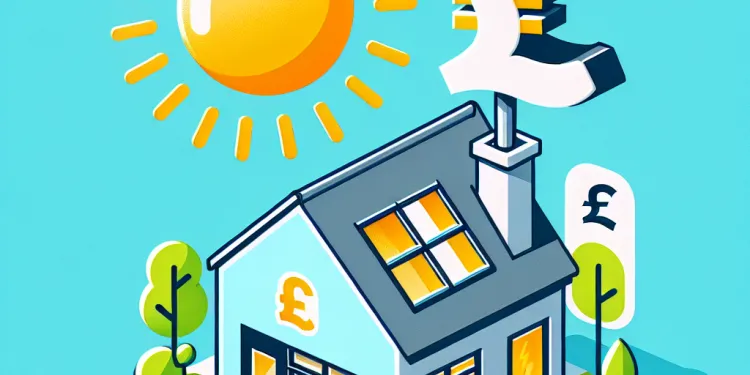
How can I shade my house to keep it cool during a heatwave?
Relevance: 25%
Introduction
The proposed cuts to housing benefits in the UK have sparked widespread debate and concern among various demographics. These changes are aimed at reducing government expenditure, but they could have significant consequences for certain groups disproportionately. In this article, we will explore who will be most affected by these proposed cuts, focusing on the vulnerabilities and challenges faced by specific sections of the population.
Low-Income Families
One of the groups most likely to be affected by the housing benefit cuts are low-income families. These households often rely on housing benefits to make up the shortfall between their earnings and rental costs. With the proposed reductions, these families may struggle to afford their current housing, potentially leading to an increase in family homelessness or forcing them to live in substandard conditions. This could also have broader implications for children's education and overall family well-being.
Single Parents
Single parents are another demographic that could bear the brunt of these cuts. Often managing on a single income while simultaneously juggling childcare responsibilities, single parents may already face financial challenges. The reduction in housing benefits could exacerbate these difficulties, making it harder for them to sustain their current living situations. This might push them towards less secure housing options, impacting the stability and security of their children.
The Elderly
The elderly population living on fixed incomes, such as pensions, may also be deeply impacted by the cuts. Many older individuals who rent homes rely on housing benefits to cover rental costs. A reduction in these benefits could mean that they have to allocate more of their limited income to rent, consequently cutting back on other essentials such as heating, nutrition, and healthcare. This could severely affect their quality of life and increase their vulnerability.
People with Disabilities
Individuals with disabilities may also face significant challenges due to the proposed cuts. Many people with disabilities depend on housing benefits to secure accommodation that meets their specific needs. With reduced financial support, they might find it challenging to find affordable housing that caters to their mobility and accessibility requirements, thereby limiting their independence and quality of life.
Conclusion
In summary, the proposed cuts to housing benefits are likely to have profound effects on various vulnerable groups across the UK. Low-income families, single parents, the elderly, and people with disabilities are among those most at risk of increased financial strain and housing insecurity. These changes could not only impact their immediate living conditions but also have long-term effects on their overall well-being and quality of life, potentially deepening societal inequalities.
Introduction
The UK wants to cut money for housing help. This has made many people worried. Some groups might be hurt more than others. In this article, we will look at who might be affected the most and what problems they might face.
Low-Income Families
Families with little money might be hurt the most. They need help to pay rent. If they get less help, they might not afford their home. This could lead to families being homeless or living in bad houses. It might also affect children's learning and family happiness.
Single Parents
Single parents could also struggle. They earn money alone and take care of children. Less help with rent could make it harder for them. They might need to move to unsafe places, which isn't good for their children.
The Elderly
Older people who live on pensions might be in trouble too. They use housing help to pay rent. With less help, they might have to use their small income to pay rent. This means they might not have enough for heating, food, or health care. This can worsen their living condition.
People with Disabilities
People with disabilities also need help. They depend on it to find homes that suit their needs. If they get less money, they might not find good homes. This can make life harder for them and reduce their freedom.
Conclusion
In short, cutting housing help will likely hurt many people in the UK. Families with low incomes, single parents, older people, and people with disabilities might face big money problems and housing issues. This could make life harder for them and increase unfairness in society.
Frequently Asked Questions
Who are the primary recipients of housing benefits?
The primary recipients of housing benefits are low-income individuals and families, including the unemployed, single parents, people with disabilities, and elderly individuals on fixed incomes.
How will low-income families be impacted by the proposed cuts?
Low-income families may struggle to pay their rent and utility bills, leading to increased risk of eviction and homelessness.
What effect will the cuts have on people with disabilities?
People with disabilities may find it more difficult to cover the cost of accessible housing, potentially affecting their ability to live independently.
Are single-parent households likely to be affected?
Yes, single-parent households often rely on housing benefits to make ends meet and cuts could increase financial strain, possibly affecting children's well-being.
What impact might the cuts have on elderly individuals?
Elderly individuals on fixed incomes might experience increased difficulty maintaining stable housing, leading to financial stress and a potential increase in demand for assisted living facilities.
How will housing benefit cuts affect the unemployed?
The unemployed may face greater challenges in securing or maintaining affordable housing, which could hinder their ability to focus on job seeking.
What is the expected outcome for tenants in the private rental sector?
Tenants in the private rental sector may face rent increases, as reduced benefits could lead landlords to raise rents to cover shortfalls, putting further pressure on household budgets.
Are specific geographic areas more vulnerable to the cuts?
Yes, urban areas with high housing costs and regions with low average incomes are more likely to see significant impacts from the cuts to housing benefits.
How might the cuts influence homelessness rates?
The cuts could lead to increased homelessness rates as individuals and families find it more difficult to afford stable housing.
Will the cuts affect access to social housing?
While the cuts target housing benefits, they could indirectly increase demand for social housing as people seek more affordable options.
What role do housing benefits play in preventing poverty?
Housing benefits are crucial in reducing poverty by enabling low-income households to allocate funds to other necessities, like food and healthcare.
Could the cuts lead to increased demand for food banks?
Yes, as housing costs rise and benefits are reduced, individuals and families may have less money for food, increasing reliance on food banks.
What is the potential impact on mental health?
The stress of potential eviction or homelessness due to benefit cuts could exacerbate mental health issues among affected individuals and families.
Will the cuts affect children differently?
Children in households affected by benefit cuts may experience increased instability, negatively impacting their education and general well-being.
What long-term effects could result from these cuts?
Long-term effects could include a cycle of poverty, increased chronic homelessness, and greater demand on social services.
How might local governments respond to these changes?
Local governments may face increased pressure to provide housing support services and could advocate for state or federal assistance.
Are renters in particular types of housing more affected?
Renters in high-cost areas or those receiving subsidies in private rentals might experience the greatest impact from benefit reductions.
Could the cuts affect employment prospects for beneficiaries?
Yes, housing instability might make it harder for individuals to maintain or seek employment, as consistent housing is often crucial for job stability.
What community resources might become strained due to these cuts?
Homeless shelters, social services, and non-profits providing housing assistance and support may see increased demand.
How can affected individuals seek assistance if benefits are reduced?
Affected individuals can seek advice from local housing authorities, charities, and non-profits that specialize in housing support and advice.
Who gets help paying for their home?
People who get housing help are usually those who earn little money. This includes people without jobs, single parents, people who have disabilities, and older people who have a set amount of money each month.
If reading is tricky, try these tips:
- Read slowly and take your time.
- Use a finger or a ruler to keep your place.
- Ask someone to read with you.
How will families with little money be affected by the planned cuts?
Families with little money might find it hard to pay for their house and bills. This can make it more likely they will have to leave their home and have nowhere to live.
How will the cuts change things for people with disabilities?
Some people have disabilities. They might find it hard to pay for special homes that they can use easily. This can make it hard for them to live on their own.
Will single-parent families feel any changes?
Families with one parent might notice some changes. It's important to look for ways to help, like talking to others or using tools that make things easier. Don't be afraid to ask for help if you need it. There are people and places ready to support you.
Yes, families with only one parent often need help with money for their home. If this help is cut, it could make things harder for them. This could make it tough for the kids too.
How might the cuts affect older people?
The government is cutting budgets. This means less money is available for services.
This might change the help older people get. Here are some things that might happen:
- Less help at home: Older people might not get as much support with cleaning or shopping.
- Fewer healthcare services: There might be longer waits to see doctors or nurses.
- Changes to transport: It might be harder for older people to get around if bus services are cut.
If you are worried about these changes, talk to a family member or carer.
You can also use tools to help, like:
- Magnifying glasses to read small print.
- Note pads to write down important information.
- Recording devices to help remember instructions.
Older people who have money that does not change might find it harder to keep their homes. This can make them worried about money. They might need more help, like living in a special home where people can assist them.
What will happen to people without jobs when housing money is reduced?
If you don't have a job, it can be harder to find or keep a home that doesn't cost too much money. This can make it tough to look for a new job.
What will happen for people renting homes from private landlords?
People who rent homes might have to pay more money for rent. This is because some benefits are getting smaller. This might make landlords ask for more rent. This can make it harder for families to manage their money.
Are some places more at risk of being affected by the cuts?
Yes, places like big cities where houses cost a lot, and areas where people don't make much money, will feel the cuts to housing benefits more.
It can help to use pictures or videos to learn more. Listening to an audio version of this text might also make it easier to understand.
How can budget cuts affect how many people are homeless?
The cuts might cause more people to lose their homes. This means more people and families could end up without a place to live.
Will it be harder to get a council house?
The question is about if changes mean it will be more difficult to get a home from the government. Here is how to understand and find out:
- Ask a helper to explain words you do not know.
- Use picture dictionaries to see what words mean.
- Programs that read text aloud can help you listen to the question.
If you need more help:
- Tell an adult or teacher you trust.
- Look for easy-reading websites about housing.
The government is giving less money to help people pay for housing. Because of this, more people might need cheaper places to live. This means more people might want to live in social housing, which is housing that costs less.
How do housing benefits help stop poverty?
Here are some ways housing benefits can help:
- They can pay for part of the rent.
- They help people have more money for food and other needs.
- They can keep people from losing their homes.
Tips to learn more:
- Use pictures to understand better.
- Ask someone to explain if you have questions.
- Try reading with a friend.
Housing benefits help people with little money. They let these people spend on things like food and going to the doctor.
Will the money cuts mean more people need food banks?
Yes, when the cost of housing goes up and people get less help from the government, they might not have enough money for food. This means they may need to use food banks more.
How can this affect mental health?
Feeling worried about losing your home because of benefit cuts can make mental health problems worse for people and families.
Will the cuts change things for children?
When families get less money from benefits, it can make life harder for children. This can make it difficult for them to learn well in school and feel happy and healthy.
What could happen later because of these cuts?
If you want help reading:
- Ask a friend to read with you.
- Use a screen reader to listen to the text.
- Take your time and read slowly.
- Look up any words you don’t understand.
In the long run, there might be more people living in poverty, more people without homes, and a bigger need for community help.
What can local governments do about these changes?
Here are some ways local governments can respond:
- Talk to people and ask what they need.
- Make plans to help with the changes.
- Work with other cities and towns.
- Use technology to find solutions.
Tools that might help include:
- Simple online forms for feedback.
- Community meetings to share ideas.
- Easy-to-read guides and leaflets.
Local governments might have to work harder to help people find homes. They could ask for help from the state or the country to do this.
Do some renters have more problems with their homes?
People renting homes in places where it costs a lot of money to live might feel the biggest changes if their benefits go down. This can also happen if they get help paying rent in private homes.
Could fewer resources change job chances for people getting help?
Yes, not having a steady home can make it hard for people to keep a job or find a new one. Having a stable home is important for keeping a job.
Helpful Tips:
- Break things into small steps - try to solve one thing at a time.
- Ask for help from family, friends, or support workers.
- Use tools like calendars or reminders to keep track of important dates.
Which local services might have problems because of these cuts?
More people may need help from places like homeless shelters, social services, and groups that give housing support.
What can people do if their benefits go down?
If you need help, you can talk to people who know about houses. You can ask for advice from local housing people, charities, and groups that help with housing.
Useful Links
This website offers general information and is not a substitute for professional advice.
Always seek guidance from qualified professionals.
If you have any medical concerns or need urgent help, contact a healthcare professional or emergency services immediately.
- Ergsy carfully checks the information in the videos we provide here.
- Videos shown by Youtube after a video has completed, have NOT been reviewed by ERGSY.
- To view, click the arrow in centre of video.
- Most of the videos you find here will have subtitles and/or closed captions available.
- You may need to turn these on, and choose your preferred language.
- Go to the video you'd like to watch.
- If closed captions (CC) are available, settings will be visible on the bottom right of the video player.
- To turn on Captions, click settings .
- To turn off Captions, click settings again.
More Items From Ergsy search
-

What is the main reason for the proposed cuts to housing benefits?
Relevance: 100%
-

What are the proposed Cuts to Housing Benefits Amid Rising Rents?
Relevance: 95%
-

Who will be most affected by the proposed cuts to housing benefits?
Relevance: 93%
-

How can individuals contribute to the discussion on housing benefit cuts?
Relevance: 73%
-

Proposed Welfare Cuts and Their Impact on Vulnerable Populations
Relevance: 72%
-

Is there a plan to offer additional support to offset housing benefit cuts?
Relevance: 71%
-

What are the potential long-term impacts of housing benefit cuts?
Relevance: 71%
-

Is there any legal recourse for those affected by the housing benefit cuts?
Relevance: 68%
-

What is the relationship between rising rents and housing benefit cuts?
Relevance: 68%
-

When are the proposed cuts expected to take effect?
Relevance: 65%
-

Are there any groups exempt from the proposed cuts?
Relevance: 61%
-

How will the proposed cuts impact tenants?
Relevance: 55%
-

How have housing benefit recipients reacted to the proposed changes?
Relevance: 54%
-

What role do housing associations have amid these cuts?
Relevance: 53%
-

What measures are suggested to substitute the housing benefits?
Relevance: 50%
-

Pension Proposals Spark Debate on Retirement Age and Benefits
Relevance: 44%
-

Why is there a call for public consultation regarding the cuts?
Relevance: 43%
-

What can tenants do if they are affected by the cuts?
Relevance: 41%
-

How does inflation affect the situation with housing benefits and rents?
Relevance: 41%
-

How will the cuts impact landlords?
Relevance: 38%
-

What advocacy efforts are being undertaken to resist the cuts?
Relevance: 37%
-

Legal Aid Cuts: Campaigners Warn of Access to Justice Crisis
Relevance: 34%
-

How do the reforms affect housing benefit tenants?
Relevance: 33%
-

House Prices Soar: First-Time Buyers Share Their Stories
Relevance: 31%
-

Are there any international examples being considered in handling housing benefit issues?
Relevance: 31%
-

What incentives are provided for sustainable housing?
Relevance: 30%
-

Addressing the Housing Crisis: Current Challenges and Solutions
Relevance: 29%
-

Amberwood House (Colten Care)
Relevance: 29%
-

UK House Prices Fall for Third Consecutive Month
Relevance: 29%
-

Why is the UK cutting funding to AIDS, Tuberculosis, and Malaria research?
Relevance: 29%
-

Impact of Housing Shortage on Local Communities
Relevance: 28%
-

Impact of UK Housing Crisis on Local Communities
Relevance: 28%
-

Government Faces Legal Challenge Over Proposed Immigration Bill
Relevance: 28%
-

What housing assistance options are available for seniors?
Relevance: 28%
-

Did the US propose reforms to the WHO before deciding to leave?
Relevance: 28%
-

What is the reason behind proposing a social media ban for under 16s in the UK?
Relevance: 28%
-

New Government Benefits for Low-Income Families
Relevance: 27%
-

How do I find alternative housing quickly if evicted?
Relevance: 27%
-

Can mosquitoes in the UK enter houses?
Relevance: 26%
-

How can I shade my house to keep it cool during a heatwave?
Relevance: 25%


